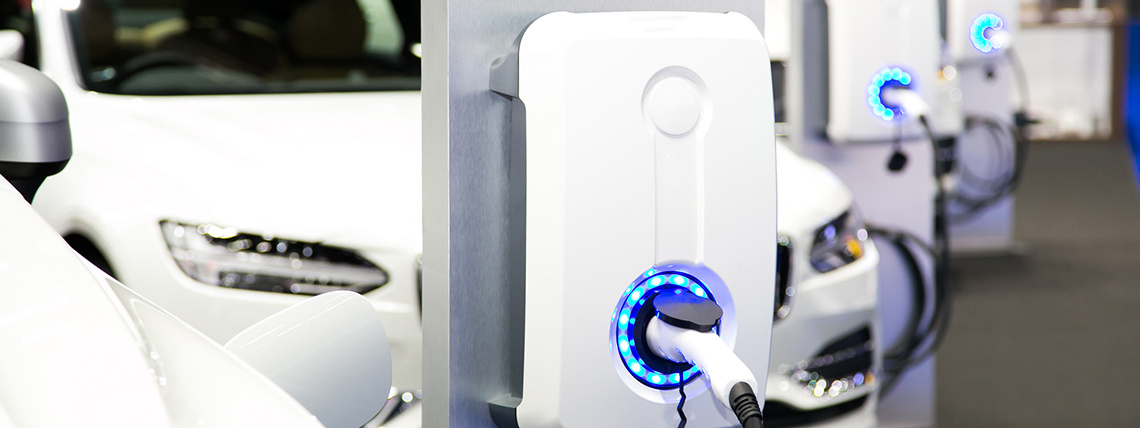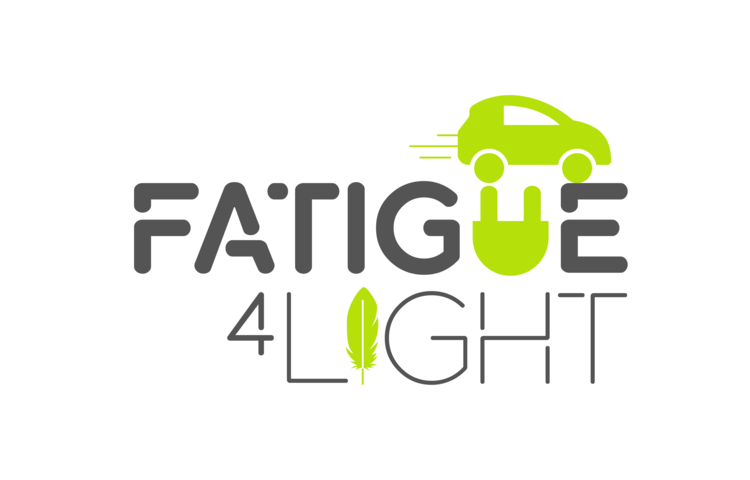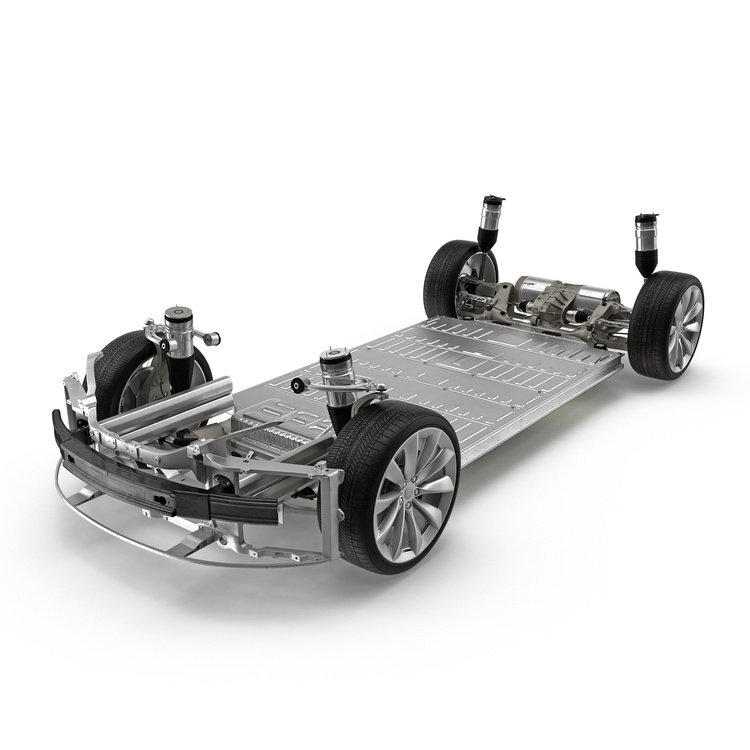The articles of the current edition are available on the new site.

Politecnico takes part in the Fatigue4Light project (Fatigue modelling and fast testing methodologies to optimise part design and to boost lightweight materials deployment in chassis parts) focused on the development of new tests and computer simulation methods to better estimate the fatigue life of chassis components and to select the optimal materials for lighter vehicle chassis.
Fatigue4Light involves professor Davide Paolino's research team from the Department of mechanical and aerospace engineering (DIMEAS) at Politecnico.

The project, started in February 2021, will work for three years on the application of new materials tailored to the requirements of vehicle chassis, such as advanced high-strength steels, special automotive stainless steels, high-strength aluminium alloys and hybrid metal-fibre reinforced polymeric materials.
The goal is to reduce vehicle chassis weight compared to the current solutions, taking into account eco-design and circular economy aspects.
The project’s results will optimise the selection of new materials and reduce the implementation time between material development and the design of a new chassis part.
Politecnico contributes to the Fatigue4Light project with advanced statistical methods to analyze fatigue data, by performing very rapid (ultrasonic) fatigue tests up to 108 cycles and, finally, by carrying out X-ray Micro-Tomography analyses to assess defect population in specimens and demonstrators.

“The Fatigue4Light project wants to help build a zero-emissions future by promoting design based on numerical simulation tools - says Lucia Barbu, the project’s coordinator and a researcher at the International Centre for Numerical Methods in Engineering (CIMNE) - The application of numerical simulation tools at a design stage can help to predict and ensure part performance, as well as minimise production losses by meeting the industry needs”.
Fatigue4Light is one of the first projects tackling weight reduction in automotive chassis parts, “a necessary step to further progress in electric vehicle weight reduction or lightweighting”, Lucia Barbu adds. The reduction of vehicle weight impacts positively in CO2 emissions, electric vehicle autonomy, driveability and security.
The consortium of the project is formed by Eurecat, the International Centre for Numerical Methods in Engineering (CIMNE), the Research and Innovation Centre of Sweden (RISE), the Lulea University of Technology, the Polytechnic University of Catalonia (UPC), the Politecnico di Torino (POLITO), ArcelorMittal, Profilglass, Centre Ricerche Fiat (CRF), Magnetto Wheels (MW), Composite Service Europe, Gestamp and the Spanish Association for Standardisation UNE.